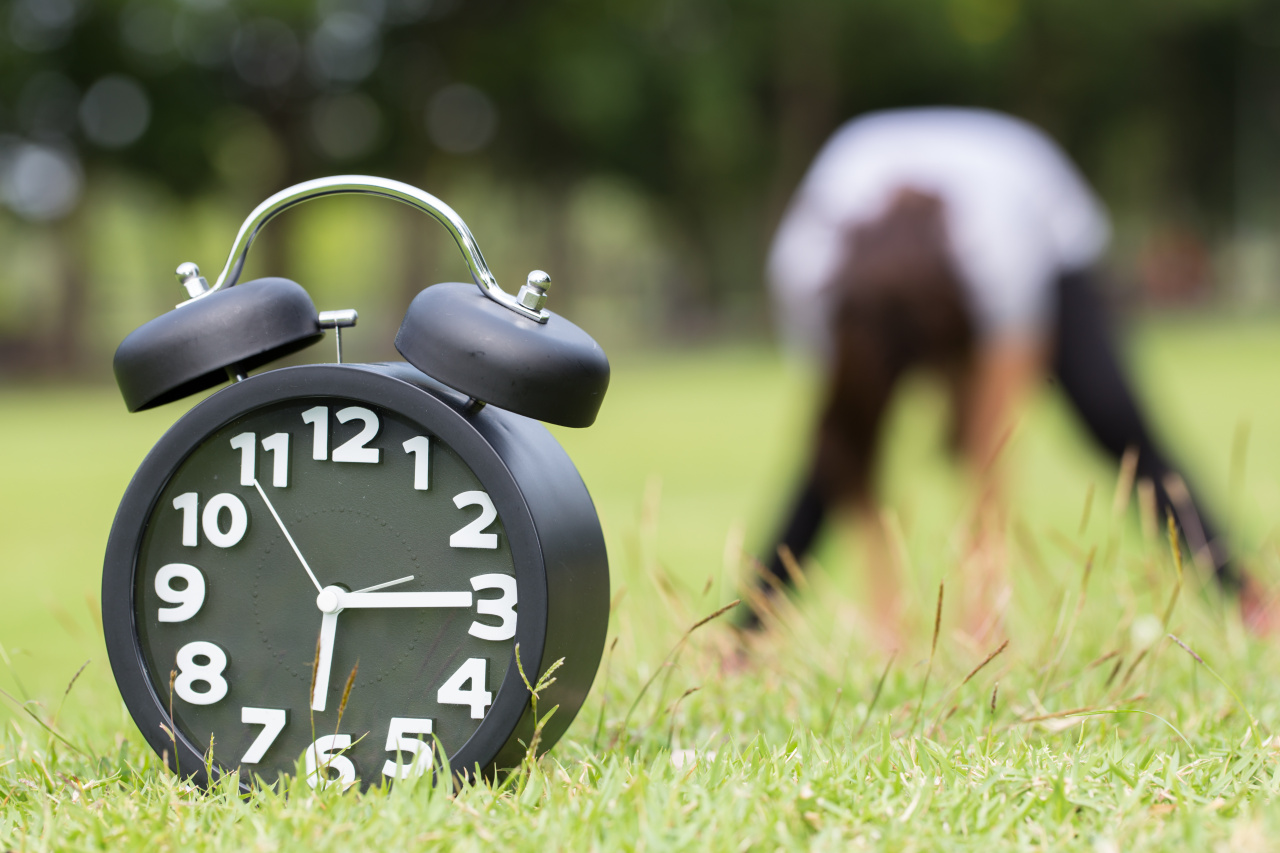
The practice of waking up at dawn for self-development, known as the “miracle morning,” is gaining popularity among Koreans, especially those feeling the coronavirus blues. (123rf)
Hong Ha-hyun, an ad designer in her 30s, has an important Zoom meeting to attend at 5 a.m. every day.
The meetings are not about work, but about boosting positivity in her life, she said. With 35 people she met online, Hong reads books, meditates or drinks a cup of tea before dawn. Since September, the online community Dawning Designer has given her a chance to practice “miracle morning” rituals, leaving her feeling empowered and relaxed.
“I believe the daily lives of Dawning Designer’s members have also been enriched by various morning routines,” she said. “By sharing thoughts on how to make positive changes for ourselves through miracle morning practices, we encourage each other to continue with self-development.”
Hong is one of a growing number of South Koreans who start their day a few hours early and follow an intentional routine before the day even begins.
The idea was first introduced by Hal Elrod in his book “The Miracle Morning: The Not-So-Obvious Secret Guaranteed to Transform Your Life.”
In Korea, the practice came into the limelight after a lawyer named Kim Yoo-jin posted videos of her miracle morning activities on YouTube, which have gone viral since late last year. Her YouTube channel has attracted nearly 200,000 subscribers so far.

Lawyer Kim Yoo-jin’s morning routine is seen in screenshots from her YouTube videos. (Courtesy of Kim Yoo-jin)
According to a recent survey conducted by Alba Cheonguk, a job recruiting site, nearly 30 percent of 846 Koreans surveyed responded that they had tried miracle morning activities. Those in their 30s were the most active participants. Roughly 50 percent said they got up before sunrise to take part.
Stay-at-home orders amid the prolonged COVID-19 crisis further boosted the miracle morning boom, which caught on among people of all ages who want to spend their time at home more efficiently.
"As the COVID-19 pandemic closed schools, I came to spend most of my time during the day with my young son, doing household chores, which made it hard for me to enjoy self-development exercises," said Lee, a housewife in her mid-40s who has been reading and studying Chinese for more than a year.
"I decided to start the day early to secure time for focusing on myself. If I didn’t start having regular morning habits, I would’ve plunged into a severe depression amid the pandemic."
Mental health experts say miracle mornings can help soothe the coronavirus blues.
"By achieving even a small goal such as making a bed or meditating, people tend to feel motivated and empowered. These positive emotions, which improve one’s self-confidence, are key to reducing stress and depression," said Hong Jin-pyo, a psychiatrist at Samsung Medical Center.
"In addition, at night, people are more likely to brood over stressful moments that happened during the day or negative events in the past. If they go to bed early for the next day’s morning habits, their chances of getting depressed would sharply drop."
Younger people -- members of the “MZ generation,” born between 1981 and 2012 -- are more enthusiastic about miracle mornings.

Members of the online community Dawning Designer pose for a photo during a virtual book club meeting in the morning. (Courtesy of Park Hye-jung)Members of the online book club Arete On communicate in real time through Zoom every morning. (Courtesy of Park Hye-jung)
Park Hyo-eun, a 28-year-old resident of Gyeonggi Province, joined the miracle mornings trend in an effort to live more diligently. She usually heads to a fitness center at around 6 a.m. and works out for a couple of hours.
"I set up morning routines to become a more diligent person. After doing exercise and reading books in the morning, I’ve started to place a higher priority on health and make every day count,” she said.
The miracle morning boom indicates that people have had pent-up desires for self-development or new challenges amid the COVID-19 pandemic-associated restrictions on everyday life, said Kwak Geum-joo, a professor of psychology at Seoul National University.
"By spending time with myself in the morning, I could contemplate on somewhat profound matters, like where my life is headed or what I want to achieve in life,” said Cha Gi-sun, a 42-year-old resident of Gyeonggi Province who has woken up at 5 a.m. every day for almost two years.
"These days, people can feel helpless affected by the COVID-19 crisis. I think sparing time in the morning for self-development will help you drive away any negative feelings about yourself," she said.
People who have experienced the magic of miracle mornings suggest taking part in an online group if someone is worried about being able to keep a promise to get up early.
Park Hye-jung, a 43-year-old blogger who launched an online book club called Arete On, finds this approach helpful.
"We help each other keep our morning routines by giving a wake-up call. There’s a great synergy between us," Park said.
Experts say the “social facilitation effect” could be behind the steady increase in online miracle morning groups.
"Humans are social animals and the presence of others normally improves a person’s performance on a task, known as the social facilitation effect," Kwak said.
By Choi Jae-hee (
cjh@heraldcorp.com)








![[KH Explains] How should Korea adjust its trade defenses against Chinese EVs?](http://res.heraldm.com/phpwas/restmb_idxmake.php?idx=645&simg=/content/image/2024/04/15/20240415050562_0.jpg&u=20240415144419)